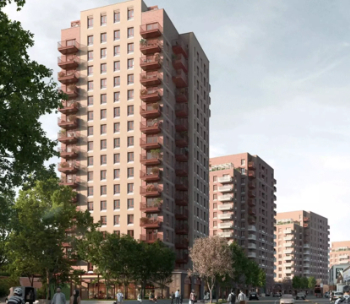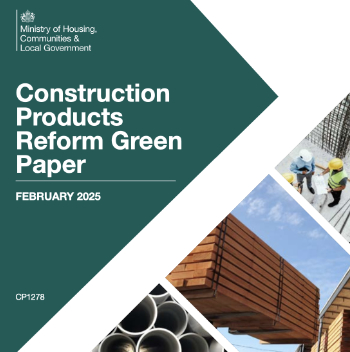Extensions to time limits for implementing existing planning permissions
Generally, when a planning permission is granted, the development must commence within three years. The intention behind this time limit is to prevent the accumulation of planning permissions which are unimplemented, or ‘land banking’ by developers. It also allows councils to review the development’s suitability in the light of circumstances which may have altered over the three year period.
However, in 2009, the Labour government introduced new powers allowing the application for an extension of the planning permission if it was granted on or before 1 October 2009. This was a response to the recession that followed the 2008 credit crunch, allowing existing permissions to continue until economic conditions recovered.
In 2012, the coalition government extended the time period within which the existing permission must have been granted by one year. This meant that an application could be made to replace an existing planning permission as long as the original permission had been granted before 1 October 2010. This remained restricted to developments that had yet to be implemented.
In November 2013, the government announced that the measure would not be renewed.
The then-Planning Minister Nick Boles said scrapping the temporary measure would “increase the incentive for developers to start on site before permission expires”. The move was criticised by developers but welcomed by opponents of land banking.
Since this decision, developers with an unimplemented planning permission have had to carefully consider their strategy. While they can sometimes begin minimal works so as avoid the permission lapsing and having then to reapply, there can be pre-commencement conditions or the triggering of the community infrastructure levy (CIL) liability or section 106 agreements that could incur costs if works begin.
[edit] Find out more
[edit] Related articles on Designing Buildings Wiki
Featured articles and news
Deputy editor of AT, Tim Fraser, discusses the newly formed society with its current chair, Chris Halligan MCIAT.
Barratt Lo-E passivhaus standard homes planned enmasse
With an initial 728 Lo-E homes across two sites and many more planned for the future.
Government urged to uphold Warm Homes commitment
ECA and industry bodies write to Government concerning its 13.2 billion Warm Homes manifesto commitment.
Places of Worship in Britain and Ireland, 1929-1990. Book review.
The emancipation of women in art.
CIOB Construction Manager of the Year 2025
Just one of the winners at the CIOB Awards 2025.
Call for independent National Grenfell oversight mechanism
MHCLG share findings of Building Safety Inquiry in letter to Secretary of State and Minister for Building Safety.
The Architectural Technology Awards
AT Awards now open for this the sixth decade of CIAT.
50th Golden anniversary ECA Edmundson awards
Deadline for submissions Friday 30 May 2025.
The benefits of precast, off-site foundation systems
Top ten benefits of this notable innovation.
Encouraging individuals to take action saving water at home, work, and in their communities.
Takes a community to support mental health and wellbeing
The why of becoming a Mental Health Instructor explained.
Mental health awareness week 13-18 May
The theme is communities, they can provide a sense of belonging, safety, support in hard times, and a sense purpose.
Mental health support on the rise but workers still struggling
CIOB Understanding Mental Health in the Built Environment 2025 shows.
Design and construction material libraries
Material, sample, product or detail libraries a key component of any architectural design practice.
Construction Products Reform Green Paper and Consultation
Still time to respond as consultation closes on 21 May 2025.
Resilient façade systems for smog reduction in Shanghai
A technical approach using computer simulation and analysis of solar radiation, wind patterns, and ventilation.























